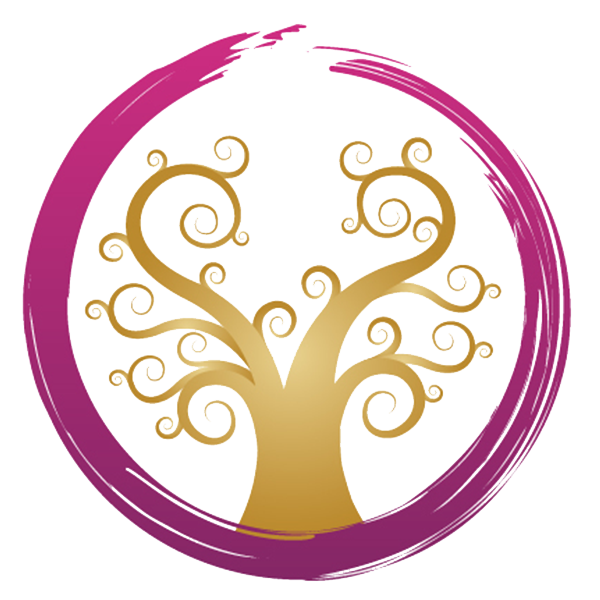New Patients
If you are a new patient, please keep in mind to wear comfortable clothing and avoid large meals, alcohol and caffeine at least one hour prior to treatment, however it is recommended that you have eaten a meal sometime prior to the appointment.
A new patient intake form will be emailed to you once your first appointment is booked. Please fill it out to the best of your ability.
What is Chinese Medicine?
Traditional Chinese Medicine, or TCM, is a medical practice that developed in China over 5,000 years ago. Most people associate Chinese Medicine in the US as only Acupuncture and Herbs, but the medicine is actually based on four pillars also including massage or Tui-Na, and Qi Gong (exercise). Chinese medicine looks at the body as a whole entity, with the understanding that emotion and thought can cause disease in the body. The basis of this medicine is to allow for the body to function in the Parasympathetic Nervous System or “Rest and Digest”, rather than the Sympathetic Nervous System or otherwise known as “Fight or Flight”. When the body experiences stress, regardless of the extent, it translates that stress the same way it would if a lion was chasing it. Acupuncture, as well as the other modalities incorporated with Chinese Medicine, brings the body into a balanced state, or homeostasis, where it can then heal and avoid disease.
What is Acupuncture?
Acupuncture is a modality that uses very fine needles that are inserted into very specific points in the body and with various depths depending on the patient and the treatment. According to Traditional Chinese Medicine, the body is comprised of meridians, or pathways. If you think of the body as a highway system, if there is traffic in one part of the highways- or in the body that would translate into a blockage of qi or blood- that would cause a disturbance in the entire highway system. In Chinese Medicine, having a blockage is what causes pain and disease in the body. It is very important for qi, or vital energy, and blood to move freely in the body. Acupuncture sends signals to the brain, which in turn can “free up” the meridians allowing for optimal health.
Does Acupuncture Hurt?
Acupuncture does not hurt, but there are definitely sensations that are associated with this therapy that are crucial for its efficacy. Depending on where the needle is inserted, you may feel a heavy feeling, or a sensation of movement that usually occurs on a specific channel pathway.
What Should I Expect From a Treatment?
During an initial treatment, there are many questions that need to be asked in order to address the body as a whole. In Chinese Medicine we need to know how you are sleeping, what your diet looks like, how you feel after you eat, what your energy level is like, what emotions you feel on a daily basis and how they affect you, and many more diagnostic questions to paint a picture of what is happening inside your body. We then look at your tongue and take your pulse. When we look at your tongue, we are actually able to see what is happening inside your organs. Your tongue is the only organ that we can actually see, and it is quite accurate in expressing what is happening inside your body. When we read your pulse, we are feeling for 12 different positions, each one associated with its own organ. We can feel for any disharmony that is occurring within the channels or meridians throughout your body.
What Can Acupuncture Treat?
According to the WHO (World Health Organization), Acupuncture is effective in treating 28 conditions, but evidence has proven it to be an effective therapeutic treatment for many more. Some of the diseases or conditions for which Acupuncture has been proven effective according to WHO include but not limited to:
- Adverse reactions to chemotherapy and/or radiation
- Allergic Rhinitis
- Biliary Colic
- Depression
- Dysentery, acute bacillary
- Dysmenorrhoea
- Epigastralgia
- Facial pain
- Headache
- Hypertension
- Hypotension
- Induction of labour
- Knee pain
- Leucopenia
- Low Back Pain
- Malposition of fetus
- Morning Sickness
- Nausea and vomiting
- Neck pain
- Pain in dentistry
- Periarthritis of shoulder
- Postoperative pain
- Renal colic
- Rheumatoid arthritis
- Sciatica
- Sprain
- Stroke
- Tennis elbow
I can’t get acupuncture regularly. Does it still make sense to come in if I can only come once in a while?
Ideally, for acute issues like injuries, chronic illness, autoimmune conditions, fertility concerns, or migraines, consistent care is recommended until symptoms improve. Once your condition stabilizes, we can reduce the frequency of sessions. However, even occasional acupuncture is beneficial! Seasonal tune-ups can help strengthen your immune system, reduce stress, and restore balance, keeping you healthy and resilient. There’s no such thing as “too much” acupuncture—it supports circulation, sleep, digestion, pain relief, and overall well-being, whether you receive it regularly or occasionally.
How many sessions will I need?
The number of sessions depends on your condition, overall health, and treatment goals. Acute issues may require more frequent treatments at first, while chronic conditions benefit from ongoing care. Many patients feel improvements after just a few sessions.


